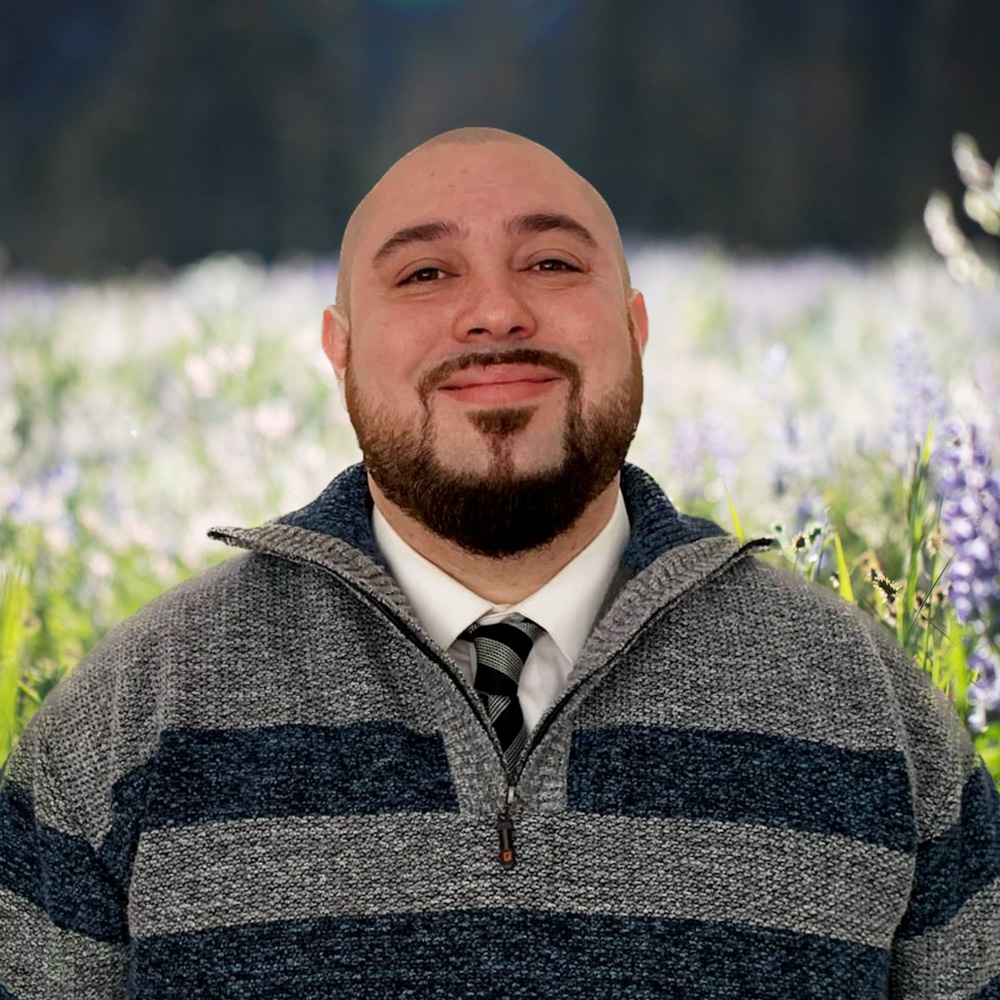Anthony is a psychotherapist at Wildflower. He completed his Master of Social Work degree with a major in mental and behavioral health and a minor in trauma informed care at the University of Wisconsin–Milwaukee. He has worked with individuals with special needs, individuals experiencing homelessness, convicts, BIPOC population, LGBTQIA population, immigrants, high risk populations, and military/paramilitary populations. Before becoming a therapist, Anthony served in the U.S. Army, worked as a sales consultant, teacher, auto mechanic, construction worker, factory worker, general laborer, fast food worker, caddy, and started as a paperboy. He integrates these varied experiences into his practice when working with clients who are facing difficulties with their vocational and professional identities, and credits these jobs for providing him with a diverse perspective. Anthony’s life experiences have allowed him to cultivate an unbiased and non-judgmental space for clients to process and grow. Read Anthony’s full bio here.
What inspired you to pursue a career as a psychotherapist?
It was during my own therapeutic journey of processing and healing that I discovered my passion for social work and therapy.
As a psychotherapist, what part of your job is most satisfying?
Care coordination centers on your health and well-being and your short- and long-term health goals. The current research on care coordination shows, “when done well, it connI am honored that my clients welcome me into their lives during their most difficult times and allow me to be part of their journey toward regulation and growth.
How would you describe your therapeutic approach?
I strive to help my clients find their inner therapist using a strength-based and person-centered approach, allowing for individuals’ own self-awareness and insights to support their capacity to heal, grow, and thrive.
Why do you believe that psychotherapy can help?
The saying goes, “seeing is believing,” and oh have I seen. Psychotherapy has helped me become a revised and better version of myself, and I have seen psychotherapy improve hundreds of people’s lives. Besides my own observations and testimonies, I also believe in the strength of evidence-based psychotherapy that provides measurements of efficiency as reasoning to believe.
What are some of your specialties and what drew you to them?
I appreciate Motivational Interviewing’s ability to pull out the therapist within. I appreciate how Cognitive Behavioral Therapy helps us understand/regulate the mind and how somatically informed body-based work helps us understand/regulate the body. I’m biased in my preference for EMDR and Brainspotting because they are the modalities in which I have personally experienced and seen the most powerful healing. Lastly, life can be so much more vibrant with a daily side of mindfulness.
What is one thing about psychotherapy you wish everyone knew?
I wish everyone knew how beneficial psychotherapy can be.
What is your motto or personal mantra?
Sometimes you have to grow through what you go through.
What are your favorite self-care activities?
My favorite self-care activities are botany, comedy, community development, cooking, cycling, family time, MMA, mindfulness, music, naps, outdoors, restoring cars/motorcycles, social gatherings, talking, teaching, traveling, walking, and writing.


